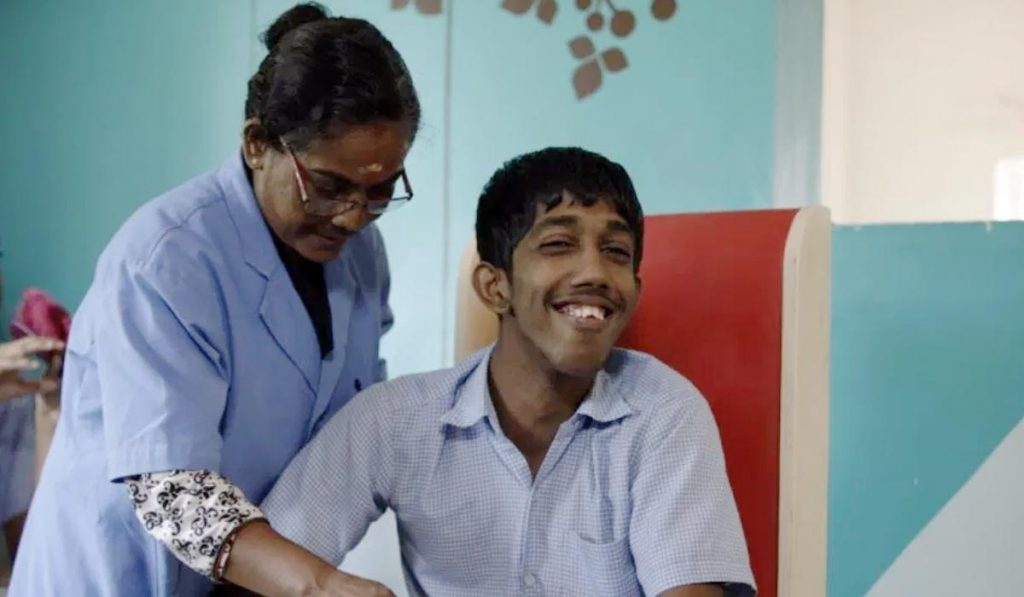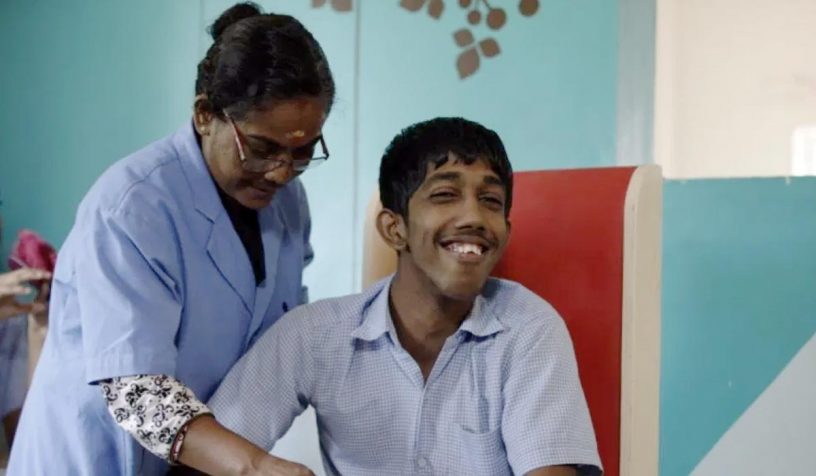
The study evaluated the feasibility and acceptability of a brief strategy designed to delegate problem classification and practice selection to mental health workers operating within a flexible, modular, cognitive behavioural protocol.
Authors
Kanika Malik, Sangath, Goa, India; (Currently, she is an Assistant Professor at Jindal School of Psychology and Counselling, O.P. Jindal Global University, Sonepat, Haryana, India.)
Kendra S. Knudsen, Department of Psychology, University of California, Los Angeles, California, USA.
Kimberly D. Becker, Department of Psychology, University of South Carolina, Columbia, South Carolina, USA.
Karen Guan, Department of Psychology, University of California, Los Angeles, California, USA.
Resham Gellatly, Department of Psychology, University of California, Los Angeles, California, USA.
Vikram H. Patel, Department of Global Health and Social Medicine, Harvard Medical School, Boston, Massachusetts, USA.
Maya M. Boustani, Department of Psychology, Loma Linda University, Loma Linda, California, USA.
Sonal Mathur, Sangath, Goa, India.
Bruce F. Chorpita, Department of Psychology, University of California, Los Angeles, California, USA.
Summary
A key consideration in designing scalable solutions for improving global mental health involves balancing the need for interventions to be uncomplicated for mental health workers (MHWs) and the need for the intervention to be widely applicable to many clients. Often these needs are in competition, since interventions are routinely simplified by removing procedures or reducing their dynamic responsivity, which in turn lowers their overall utility in serving large, clinically diverse populations.
The principal aim of this pilot study involved evaluating the feasibility and acceptability of a brief strategy designed to delegate problem classification and practice selection to MHWs operating within a flexible, modular, cognitive behavioural protocol. A secondary aim involved gathering data on which to base a hypothesis regarding the potential effectiveness of this strategy.
Within an open trial, an educationally diverse sample of local MHWs in India (N = 18) reviewed fictional case vignettes, classified mental health problems, and then selected practices before and after a two-hour training that included a one-page decision-making resource.
Feasibility was measured by assessing the integrity of the study protocol and training, the measurement and administration of questionnaires as well as study recruitment and completion. Acceptability of the intervention was measured by MHW-perceived performance, ease of use, value, importance, and intention for continued use. Decision-making accuracy was assessed by comparing MHWs’ clinical decisions with criteria established through consensus among psychologists with expertise in modular protocols.
Results suggested high feasibility and acceptability on all metrics. Secondary analysis revealed that MHW’s decision-making accuracy and confidence also significantly improved, providing a basis for the hypothesis that this brief approach is useful for building MHW capacity in low-resource settings.
Overall these findings provide initial support for these methods and potential training outcomes to test within a larger, randomized controlled trial.
Published in: Journal of Evaluation in Clinical Practice
To read the full article, please click here


